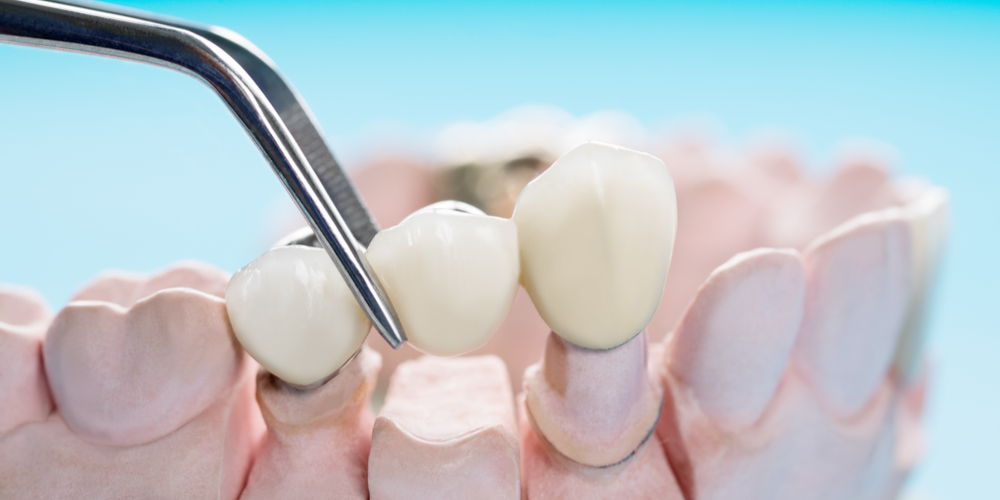
Prosthodontics is a branch of dentistry which treats dental deformities, e.g. missing teeth, with the aim of restoring form and function. This involves the use of replacements such as crowns, bridges, dentures and dental implants.
There are various ways in which teeth become damaged, decayed or even lost which has generated a range of treatment solutions. These range from the straightforward to the complex, for example, the fitting of a crown onto a chipped tooth to a complete facial or mouth reconstruction following an accident.
This is a complex field which requires high level skills and expertise in a range of areas that include jaw joint disorders, e.g. TMJD, oral surgery and denture fabrication. It also includes congenital defects in children such as a cleft palate/lip.
Injuries or deformities related to the head or neck are treated by a maxillofacial prosthodontist.
REASONS FOR PROSTHODONTICS
This is performed for the following reasons:
- Facial/oral injuries caused by an accident, act of violence or medical/surgical treatment.
- Cleft palate, lip or both
- Temporomandibular joint disorders
- Tooth loss caused by tooth decay, gum disease or trauma
PROSTHODONTICS PROCEDURES
A prosthodontist uses artificial substitutes (or prosthetics) as a form of treatment for any of the conditions mentioned above. Some of these substitutes are performed as straightforward procedures but others are part of complex, time consuming operations which take place over several months of even years.
Examples include:Full mouth reconstructionCosmetic dentistry, e.g. implants, veneers, inlays and onlaysRestorations, e.g. dentures (partial and full)Craniofacial prosthesis, e.g. artificial eye
Maxillofacial prosthodontists work as part of a multi-disciplinary team which consists of ear, nose and throat (ENT) surgeons, oral and maxillofacial surgeons and speech and language therapists.
The end result is teeth which are aesthetically pleasing and fully functional.